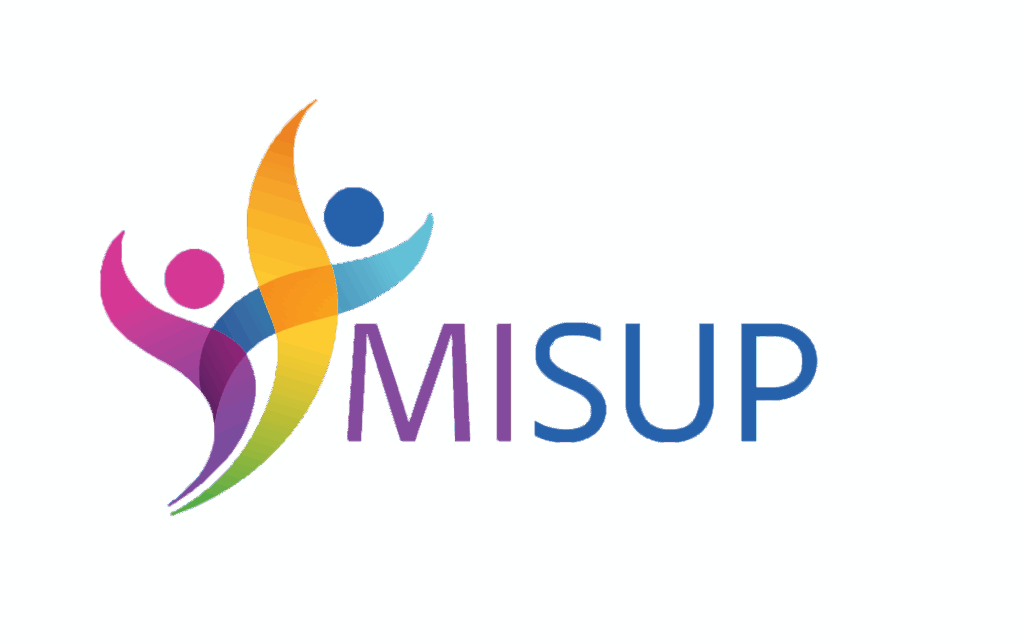Course Content
1.1 Emotional resilience strategies
You don't currently have access to this content
1.2. Stress management techniques
You don't currently have access to this content
1.3. Support mechanisms for staff
You don't currently have access to this content
1.4. Support mechanisms for migrants
You don't currently have access to this content
1.5 Mental health awareness
You don't currently have access to this content
1.6. Team Resilience
You don't currently have access to this content
2.1. Methods for internal diagnosis
You don't currently have access to this content
2.2. Identifying organizational strengths
You don't currently have access to this content
2.3. Analyzing organizational weaknesses
You don't currently have access to this content
2.4. Areas for improvement assessment
You don't currently have access to this content
2.5. Performance evaluation methods
You don't currently have access to this content
Annexes
You don't currently have access to this content
Chapter 1. Psychological Support and Resilience
You don't currently have access to this content
Chapter 2. Organizational Health Assessment
You don't currently have access to this content
Final Quiz
Module II – Quiz
You don't currently have access to this content


